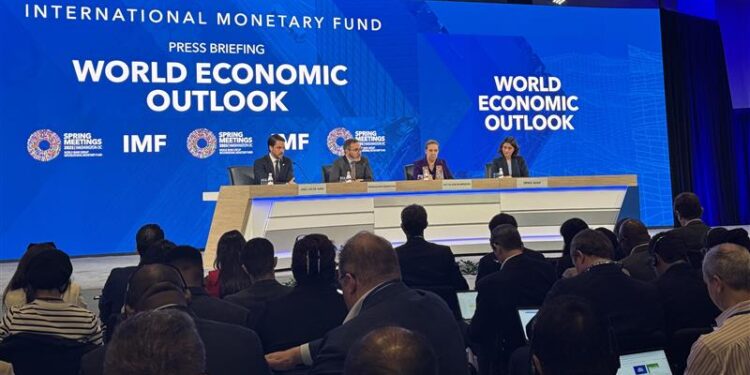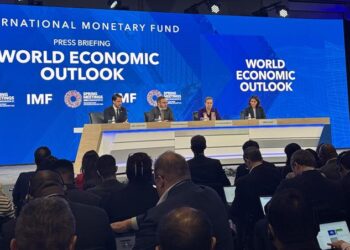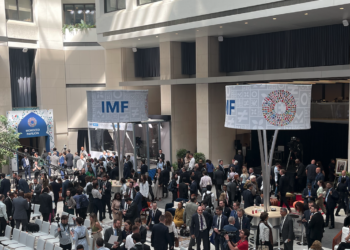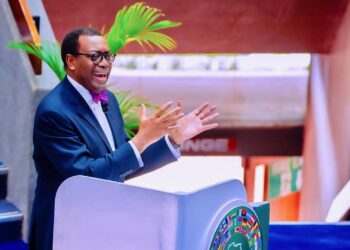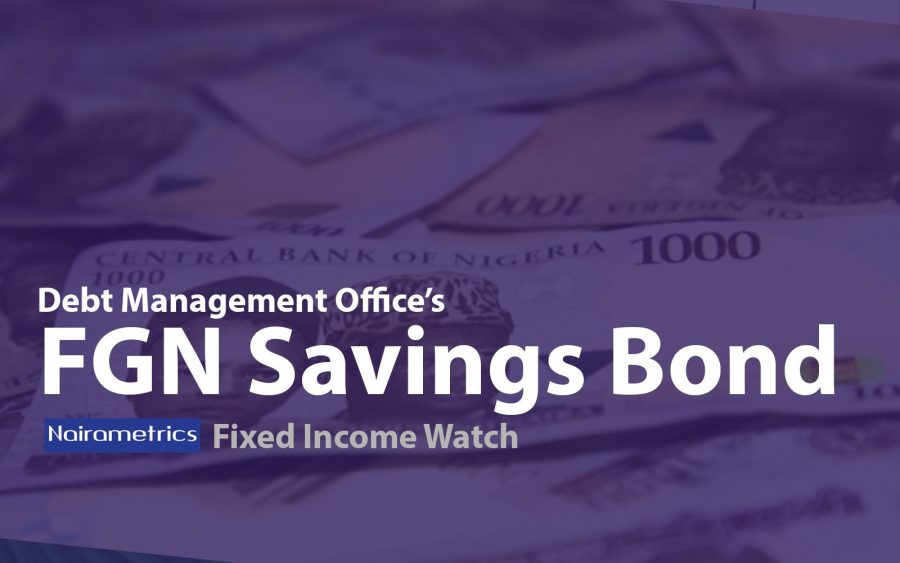The International Monetary Fund (IMF) has emphasized the urgent need for Nigeria to adopt prudent fiscal policies, ensuring efficient resource allocation to foster economic stability.
Speaking at the 2025 IMF/World Bank Spring Meetings in Washington D.C., Division Chief in the Fiscal Affairs Department of the IMF, Davide Furceri, acknowledged Nigeria’s past fiscal adjustments but stressed the importance of continued discipline in government spending.
He pointed out that Nigeria should boost revenue through improved mobilization efforts while simultaneously scaling up spending in key areas, including social protection and investment.
“We understand that many countries, including Nigeria, face pressing spending needs. But spending must be done wisely, which means stronger prioritization and greater efficiency in resource allocation,” Furceri stated.
He emphasized the necessity of strong fiscal institutions such as medium-term fiscal frameworks and solid public financial management systems, which serve as fiscal anchors to guide economic adjustments and minimize uncertainty.
Fiscal Stability as a Foundation for Growth
IMF officials reiterated that Nigeria must ensure fiscal policy remains a stabilizing force, rather than a source of economic volatility.
Director of the Fiscal Affairs Department at the IMF, Vitor Gaspar, underlined the need for fiscal authorities to build financial buffers to withstand economic shocks.
According to Gaspar, governments must act decisively, navigating complex trade-offs while maintaining long-term fiscal credibility.
“Policy makers must invest their political capital in building confidence and trust, starting with keeping their own houses in order,” Gaspar stated.
To achieve fiscal resilience, he outlined three key policy priorities:
- Integrating fiscal policy within broader economic policies, ensuring cohesion between monetary and structural strategies.
- Reducing public debt and rebuilding fiscal buffers, creating financial flexibility to respond effectively to economic downturns.
- Enhancing potential economic growth through structural policy reforms, mitigating trade-offs amid uncertain global conditions.
“Fiscal policy must be an anchor for confidence and stability, contributing to a competitive economy, delivering growth and prosperity for all. Ministers of finance must build trust, tax fairly, spend wisely, and take the long-term approach,” Gaspar concluded.
What you should know
IMF officials also warned about the wider risks impacting fiscal management, particularly heightened global economic uncertainty.
- The recent wave of tariffs imposed by the U.S. administration has significantly disrupted global trade, pushing policymakers to reevaluate financial buffers and adjust economic policies accordingly.
- The IMF’s latest recommendations suggest that Nigeria—along with other emerging economies—must prioritize resilience, investing in effective revenue mobilization and disciplined spending to maintain sustainable economic growth.

